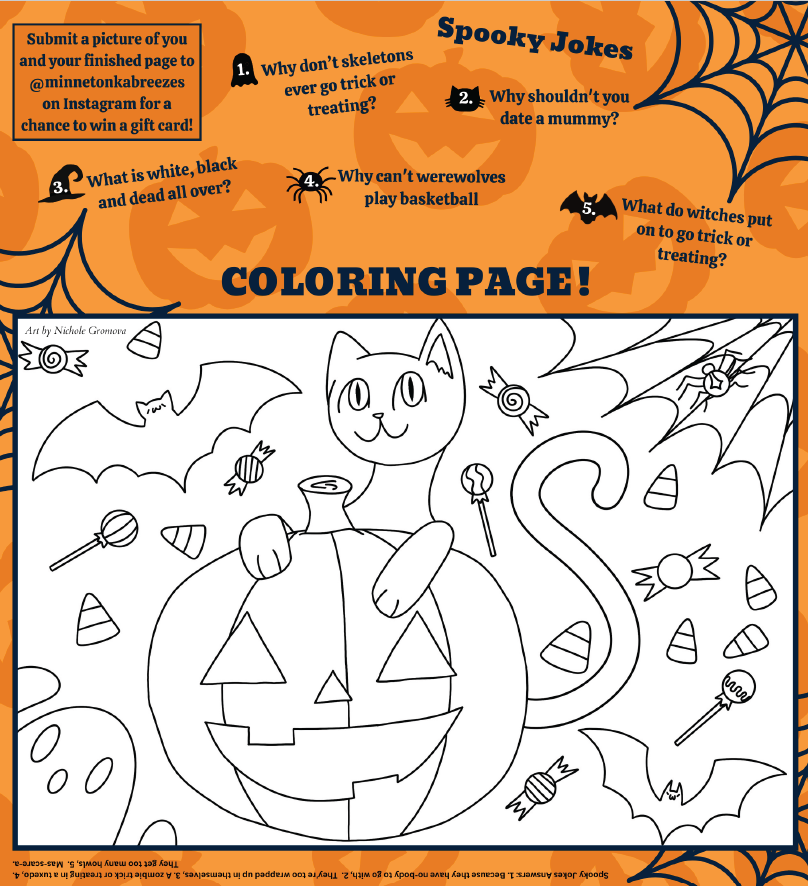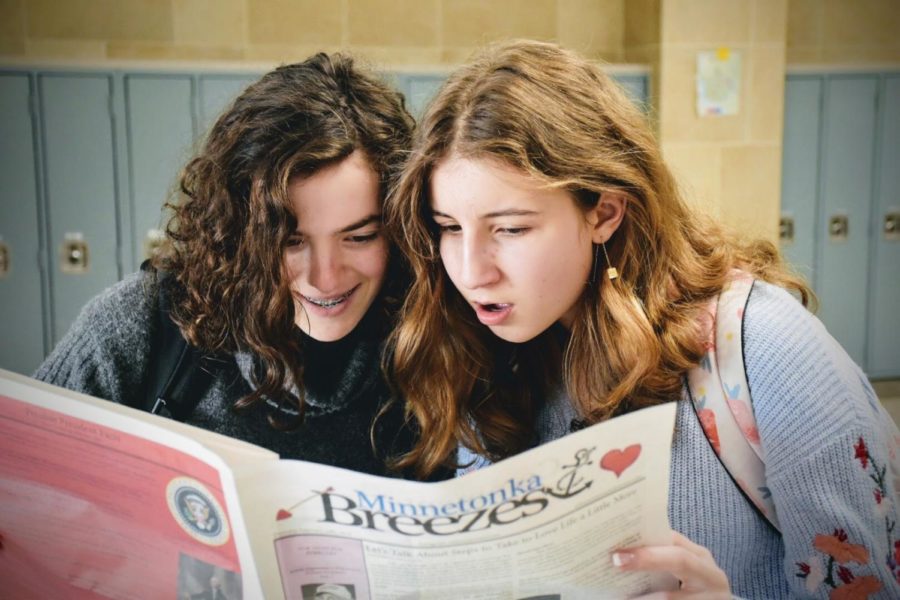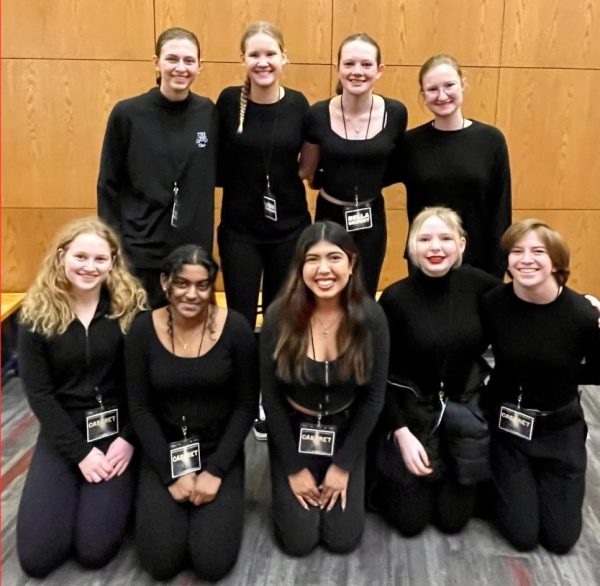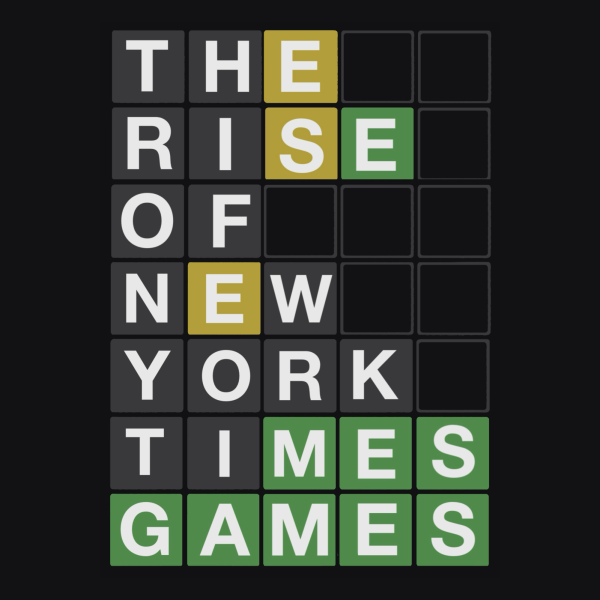Why It’s Important to Learn Media Literacy in High School
March 16, 2018
Since 2016, the term “fake news” has become increasingly popular. Originally, the term was used to describe certain websites that spread false news stories starting around the time of the presidential election. Nowadays, it has become a bit of a meme, but fake news is still a serious problem. And it’s not just untrue news stories that people should be worried about; media bias can be just as harmful because, on the surface, the news sources look perfectly reliable. Media literacy, or the ability to read and analyze media messages, has become increasingly important amidst these problems.
Facebook is the biggest offender when it comes to the spread of fake news, simply because users will share stories they find interesting with their followers, who in turn share it with theirs. This causes a downward spiral of unreliable stories being shared with countless people, to the point where the story becomes so big that it can be hard to tell people that what they believe to be true actually has no evidence to back it up. Being able to recognize how credible a source is as well as how credible the content of the story is, is one of the first steps in becoming media literate.
The problem of fake news is so prevalent that there are many websites that exist solely to fact-check articles. One of the most popular, www.snopes.com, was started in 1994 to debunk urban legends. Nowadays, it tackles popular fake news stories, partnering with Facebook in the social media site’s giant efforts to decrease the presence of fake news on its platform. But even then, there are people that question if Snopes is credible, saying it is not being truly nonpartisan in its fact-checking.
The term “nonpartisan” is important because when a news source is biased, it can cause them to leave out the full story. Fox News is traditionally conservative, meaning it may leave out certain details to make liberals look bad. CNN, a liberal source, may do the same thing to conservatives. This bias may not even be that blatantly obvious, instead taking form as a creeping bias, where certain words or placement of images may be used to sway readers to think a certain way. It takes practice to become highly media literate, but once you are, it becomes easier to take note of certain biases in articles.
Normandale Community College Professor of Communication Kent Dahlman says, “I think news organizations have had to change their format to appeal to their viewers’ conservative or liberal beliefs. For people to get their news from sources that coincide with their own beliefs can be very powerful because it only reinforces their opinion instead of challenging or disputing it. I think it should be clearly communicated [by news organizations] to their audiences that they are clearly opinion-based so that people can form their own opinions.”
As students, it’s important to be wary and not to believe the first thing we read. We should ask ourselves: Is the whole story being told? Does this news source gain anything by portraying a certain story?
Dallen Chalupnik, ‘19, says, “it’s easy to believe the first thing you see, thinking, just because it’s published news it’s correct, even though that isn’t always the case.”
Unsurprisingly, Pew Research Center notes that as of August 2017, two-thirds of Americans get their news from social media. This includes Snapchat, Twitter, and YouTube, as well as other multimedia sources. Big news sources themselves have turned to using these platforms to get their messages across, so it’s more important than ever to learn to be careful about what you read and apply media literacy concepts when consuming news.
Dahlman says, “I think it’s very important [to learn media literacy] because we live in such a media-saturated world, and people are exposed to so many media types… It’s important to look beyond just mainstream media. In news today, particularly, there’s a lot of news stations where there’s this format where it appears to be news but it’s actually more opinion. It’s important to gain these skills at a young age so people are aware of what are credible news sources.”
As high schoolers, it’s important to acquire the skills of being media literate at a young age so that we can make educated opinions based on the media we consume.


























